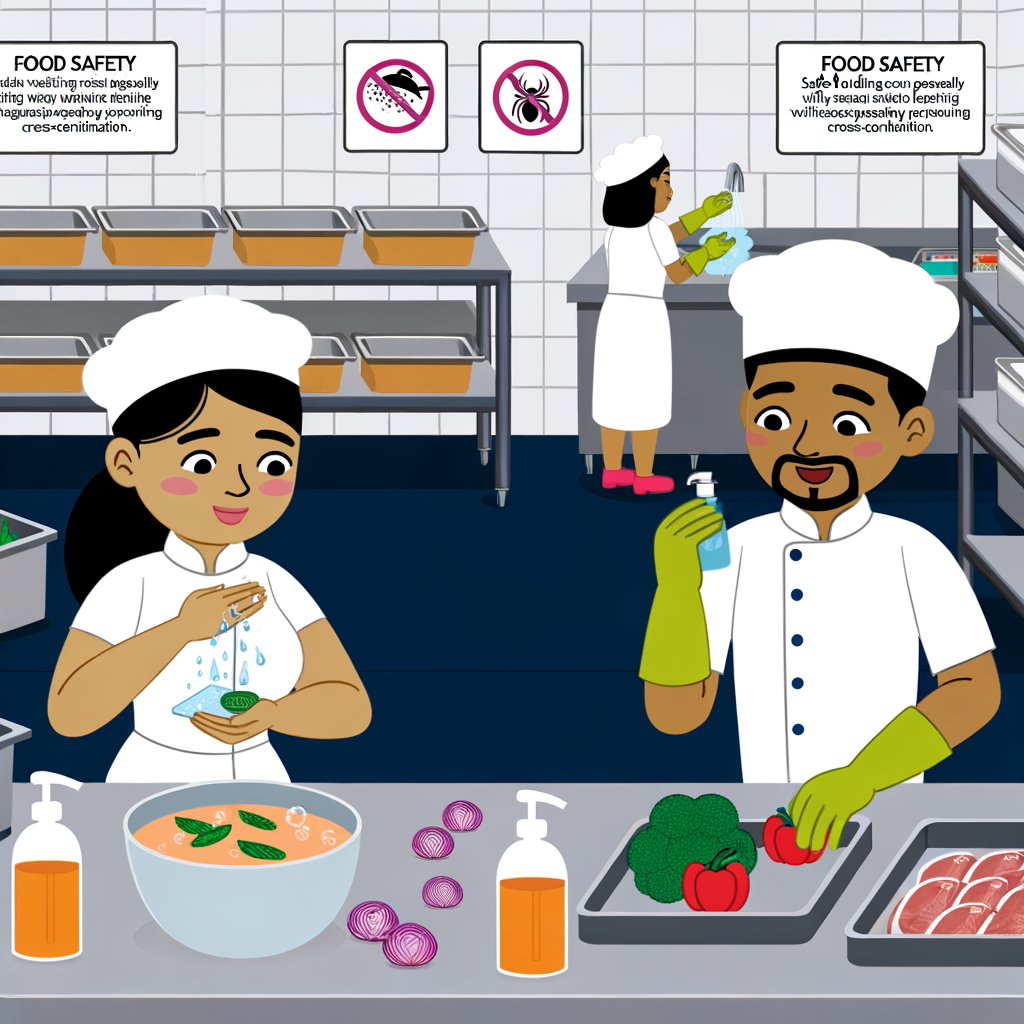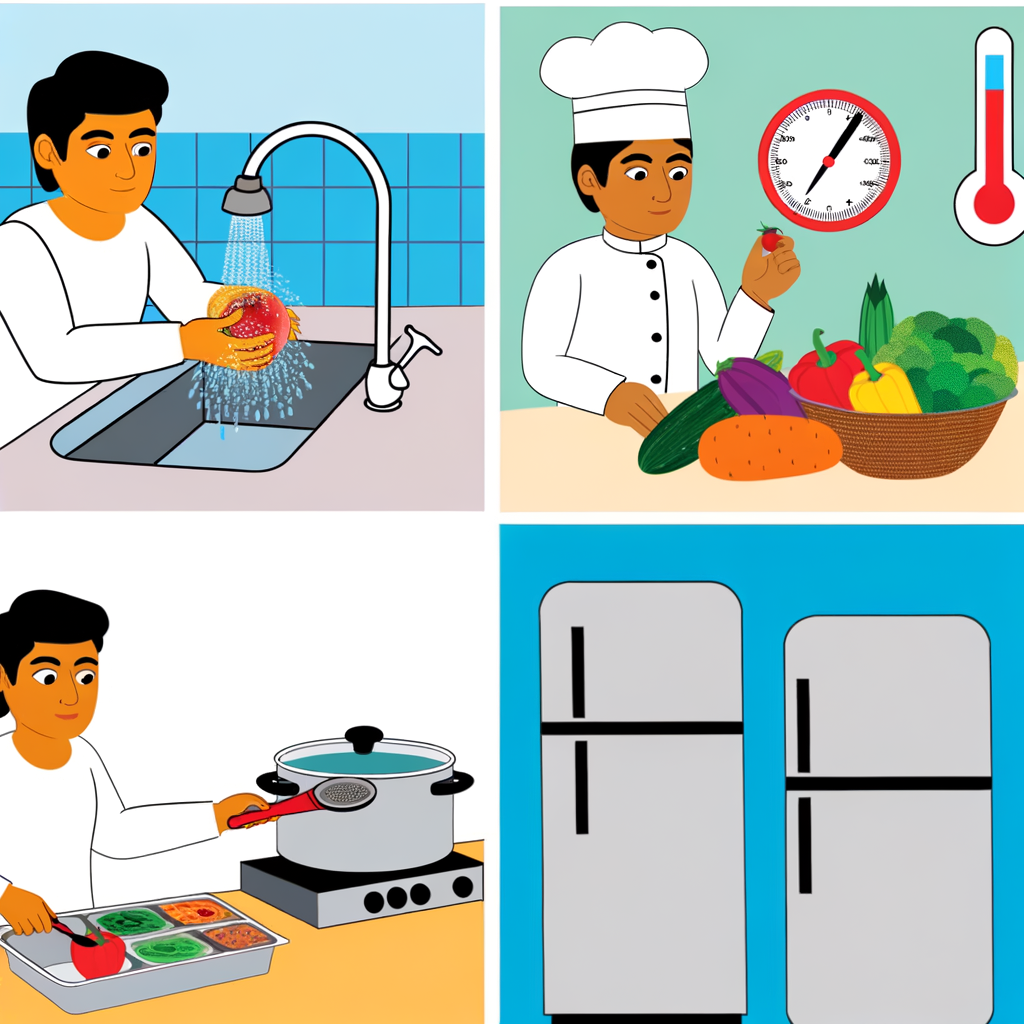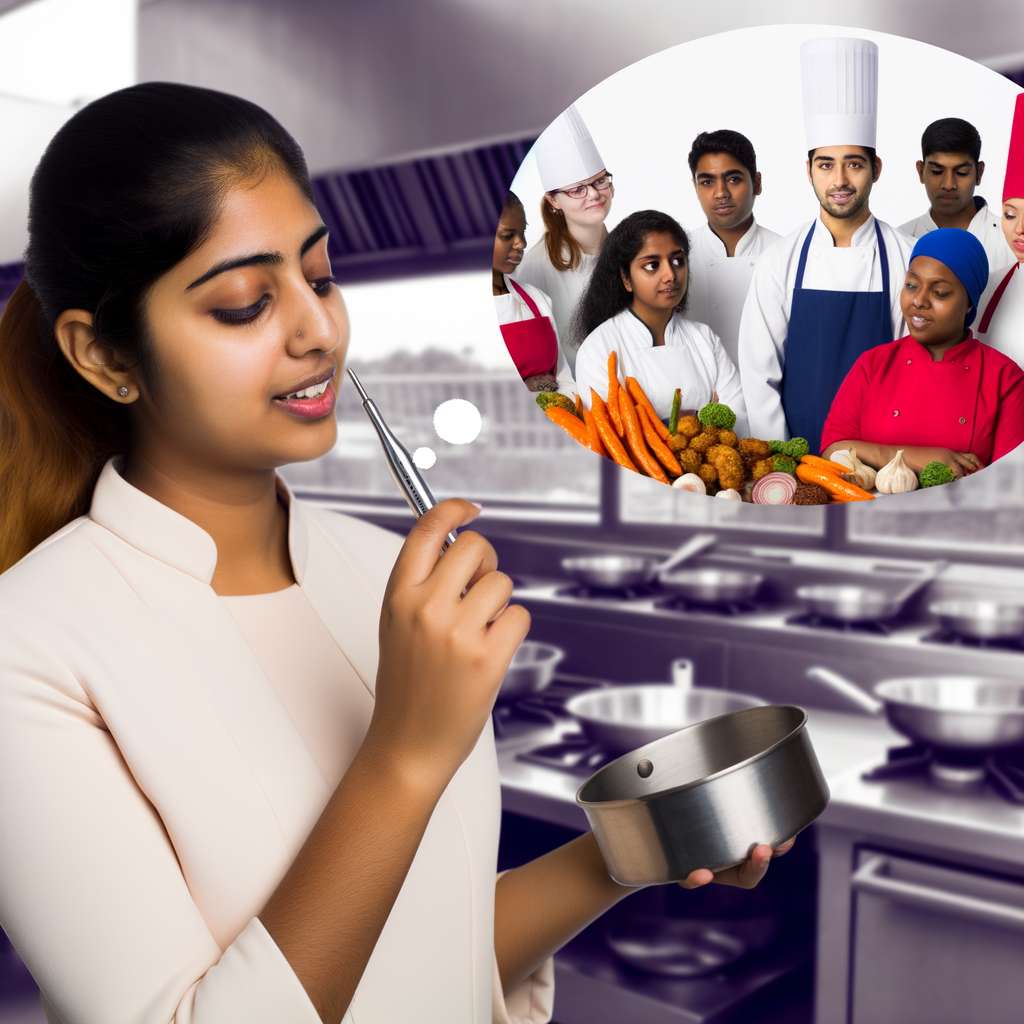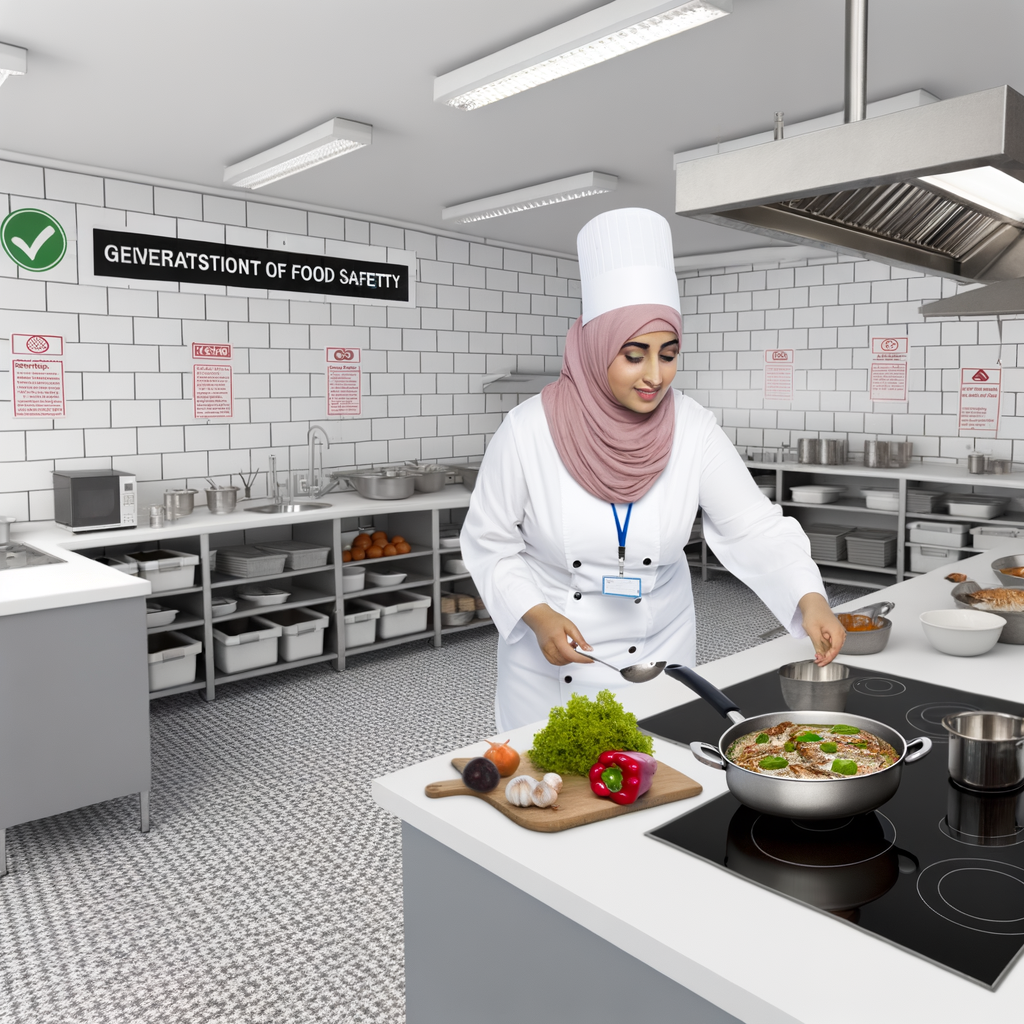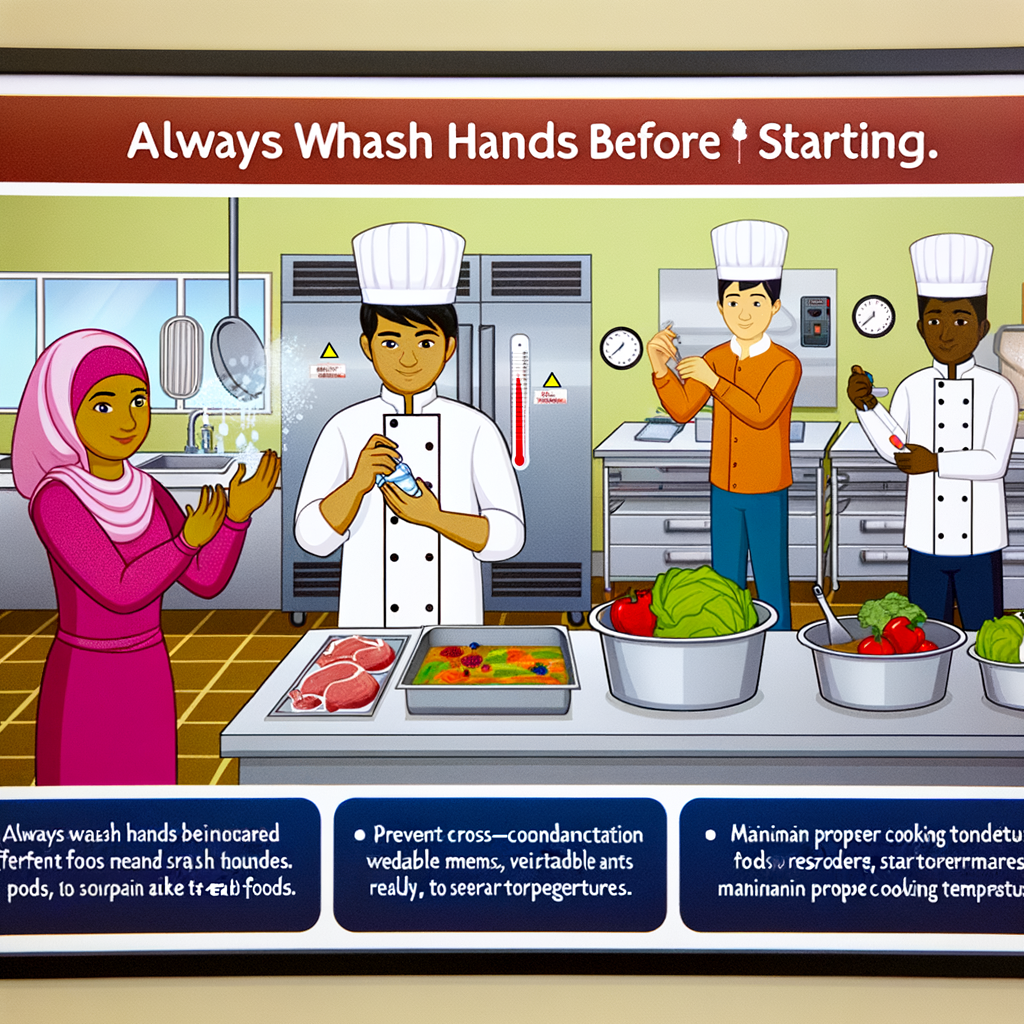When it comes to food safety, one of the most crucial aspects is safe handling. As an expert chef, I have seen firsthand the consequences of improper handling of food and I cannot stress enough the importance of following safe handling practices.
First and foremost, it is important to properly wash your hands before and after handling food. This may seem like common sense, but it is often overlooked. Our hands come into contact with many different surfaces throughout the day and can easily transfer bacteria to the food we are preparing. By washing our hands, we can prevent the spread of harmful bacteria and keep our food safe.
Another important aspect of safe handling is proper storage of food. Raw meats should always be stored on the bottom shelf of the refrigerator to prevent any juices from dripping onto other foods. It is also important to keep raw and cooked foods separate to avoid cross-contamination. This includes using separate cutting boards and utensils for raw and cooked foods.
Safe handling also extends to cooking temperatures. It is important to cook meats to their recommended internal temperatures to ensure that any harmful bacteria are killed. Using a food thermometer is the most accurate way to determine if food has been cooked to a safe temperature.
In addition to handling food safely in our own kitchens, it is also important to pay attention to safe handling practices when dining out. Make sure to ask if the restaurant follows proper food safety guidelines and if your food is cooked to the recommended temperature.
By following these safe handling practices, we can protect ourselves and our loved ones from foodborne illnesses and ensure that our meals are not only delicious, but also safe to eat.

